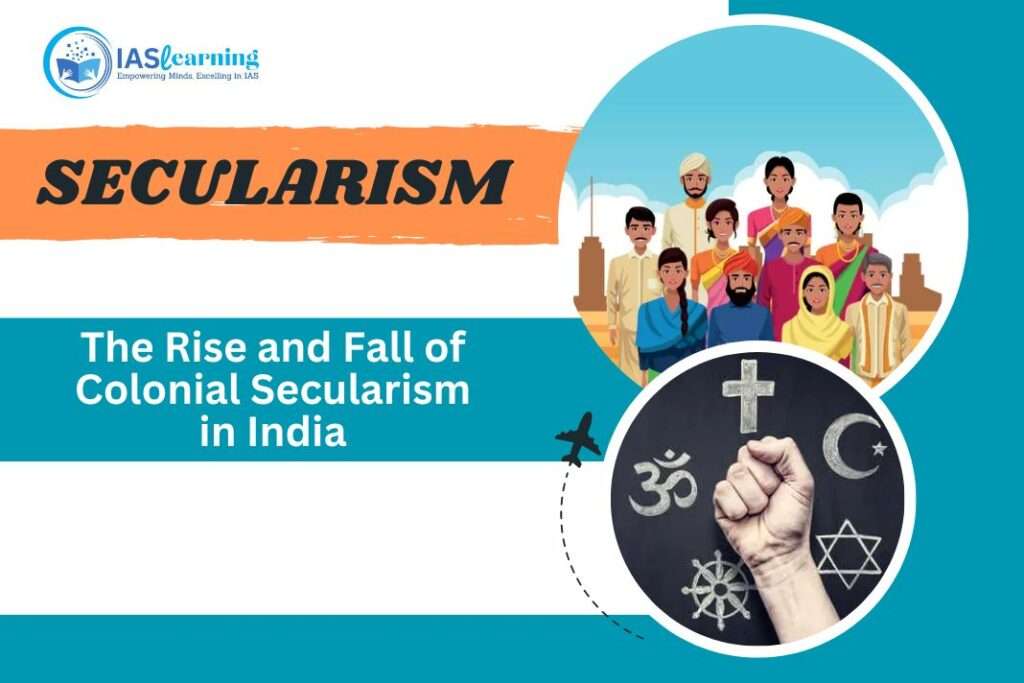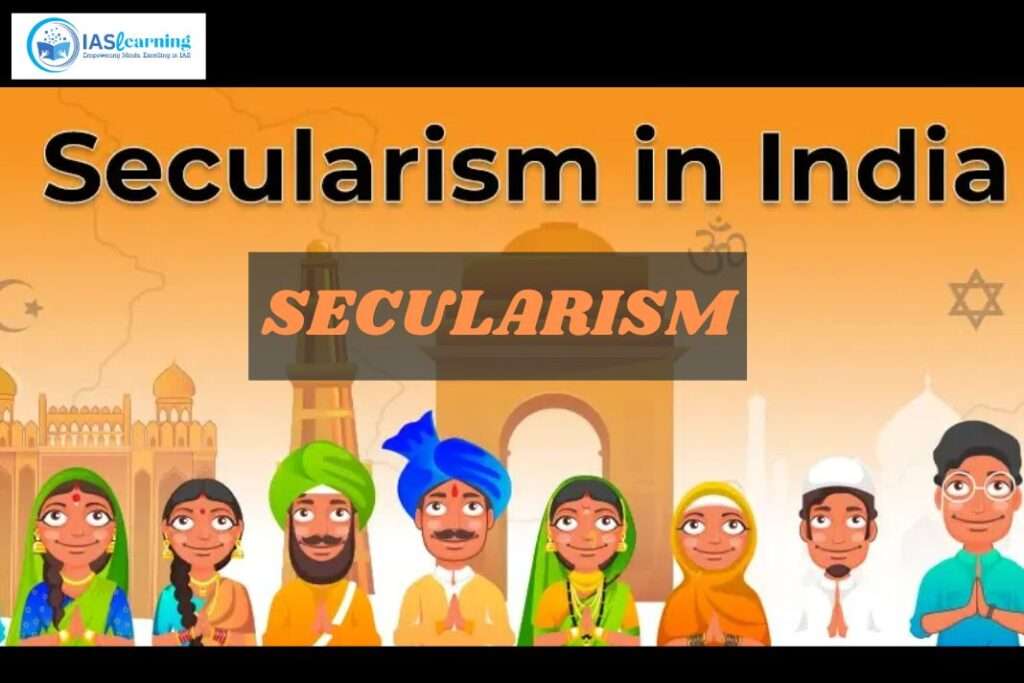Introduction
In a world as diverse as ours, the concept of secularism stands as a beacon of hope, fostering inclusivity, tolerance, and unity. It is not just a political doctrine; it’s a guiding principle that shapes societies, providing a common ground where people from various faiths and beliefs can coexist harmoniously. In this SEO-optimized article, we will delve deep into the meaning and significance of secularism, exploring its historical roots, its role in contemporary society, and the benefits it brings to nations worldwide.
Understanding Secularism
At its core, it refers to the separation of religion from the state and its institutions. This principle ensures that government decisions and policies are not influenced by religious beliefs, and that no single religion is given preferential treatment. It promotes a level playing field for all religions and worldviews.
The Historical Evolution

The concept of secularism has a rich history dating back to ancient civilizations. In ancient Greece, for instance, thinkers like Epicurus and Democritus advocated for a worldview based on reason and empirical evidence rather than religious dogma. This early form of secularism laid the groundwork for the modern interpretation we see today.
However, it was during the Enlightenment period in Europe that secularism gained significant momentum. Thinkers like Voltaire, John Locke, and Thomas Jefferson championed the idea of a secular state, emphasizing the importance of religious freedom and the separation of church and state.
Secularism in Modern Times
Fast forward to the present day, and secularism has become a cornerstone of many democratic societies. Countries like France, India, and the United States have enshrined secularism in their constitutions to ensure that religion does not interfere with the functioning of the state.
The Importance of Secularism
1. Religious Freedom
One of the fundamental tenets of secularism is the protection of religious freedom. It guarantees that individuals can practice their faith without fear of discrimination or persecution. This not only preserves the rights of religious minorities but also fosters a sense of belonging and security among diverse communities.
2. Equality
Secularism promotes equality by ensuring that no religion is given special privileges or preferences. In a secular state, all citizens are treated equally under the law, regardless of their religious beliefs or affiliations. This fosters a sense of fairness and justice within society.
3. Social Cohesion
By preventing any single religious group from dominating the state, secularism contributes to social cohesion. It creates an environment where people from different faiths and backgrounds can come together, reducing the potential for religious conflicts and tensions.
4. Scientific Progress
Secularism encourages scientific inquiry and progress. By separating religious doctrine from matters of state, it allows for unbiased scientific research and education. This has led to significant advancements in various fields, from medicine to astronomy.
5. Political Stability
In countries where secularism is upheld, political stability is often more robust. Decisions are made based on rational analysis and the best interests of the nation, rather than religious considerations. This stability attracts investment and fosters economic growth.

Unveiling the Essence of Secularism in India: A Comprehensive Exploration
In the vast tapestry of India’s cultural, religious, and historical diversity, secularism stands as a cornerstone principle. This intricate, multi-dimensional concept has played a pivotal role in shaping the nation’s identity since its independence in 1947. In this SEO-optimized long-form article, we delve deep into the concept of secularism in India, its historical evolution, its significance, and its impact on the nation’s social fabric and political landscape.
Understanding the Essence of Secularism
Secularism, in its essence, refers to the separation of religion from the state and the impartial treatment of all religions. In the Indian context, it goes beyond mere state neutrality towards religion; it embodies respect for all religions, fostering an environment of religious harmony and coexistence.
A Historical Perspective
To truly appreciate secularism in India, we must traverse its historical roots. India’s history is replete with religious diversity, with the coexistence of Hinduism, Islam, Christianity, Sikhism, Buddhism, and several other faiths. This diversity laid the foundation for secularism in India, with the framers of the Indian Constitution envisioning a nation where every citizen could practice their faith freely.
The Role of Secularism in the Indian Constitution
The Indian Constitution, adopted in 1950, enshrined secularism as one of its core principles. It not only guarantees freedom of religion but also prohibits discrimination on religious grounds. This inclusion was a visionary step, given the challenges posed by India’s religious diversity.
Debunking Common Misconceptions
Despite its numerous advantages, secularism is sometimes misunderstood and even maligned. Let’s address a few common misconceptions.
1. Secularism is Anti-Religion
Secularism is not against religion; it merely advocates for the separation of religious institutions from the state. It allows individuals to practice their faith freely while preventing any one religion from imposing its beliefs on others.
2. It Promotes Atheism
Secularism does not promote atheism. It recognizes the importance of religious diversity and ensures that no one is marginalized based on their beliefs.
3. It Undermines Morality
Secular societies can have strong moral frameworks based on principles such as empathy, compassion, and ethics. Morality is not exclusive to religion.
The Global Landscape of Secularism
Secularism is a global phenomenon, with various countries interpreting and implementing it in their unique ways.
1. France: Laïcité
France is known for its strict form of secularism called “laïcité.” It emphasizes the complete separation of religion from public life, including a ban on religious symbols in public schools.
2. India: Secular Democracy
India, despite its rich religious diversity, is a secular democracy. Its constitution guarantees religious freedom and prohibits discrimination based on religion.
3. United States: Separation of Church and State
The United States, often seen as a beacon of religious freedom, maintains a clear separation of church and state as outlined in the First Amendment of its Constitution.
Conclusion
Secularism is not just a legal doctrine; it’s a philosophy that underpins the values of pluralism, tolerance, and freedom. In a world marked by diversity, secularism provides a common ground where individuals of all faiths and beliefs can coexist harmoniously. It fosters equality, social cohesion, scientific progress, and political stability. By understanding and embracing secularism, societies can move towards a more inclusive and tolerant future, where the principles of democracy and human rights thrive.

